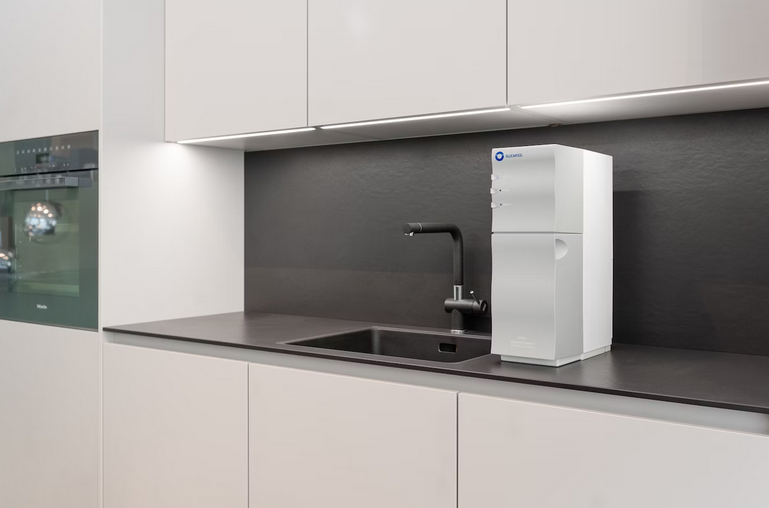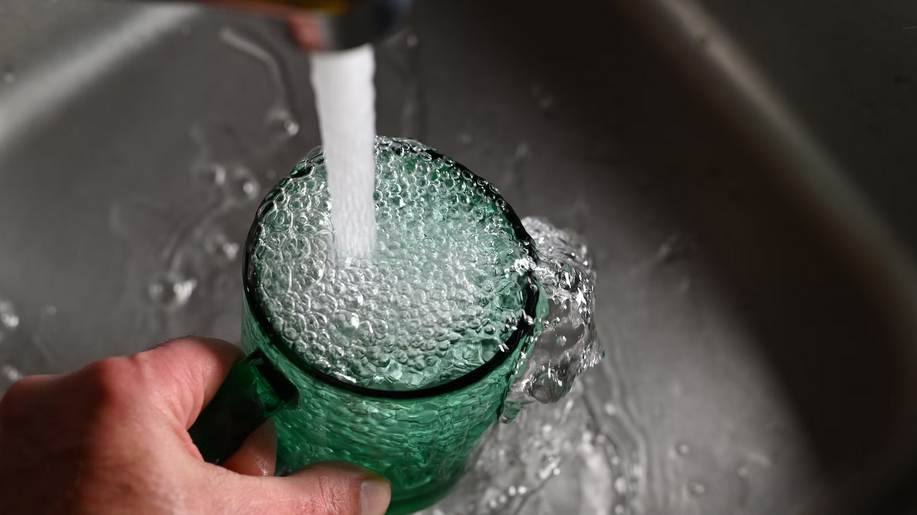Clean and safe water is a fundamental need for every household. However, ensuring that the water we consume is free from contaminants can be a challenge. For instance, not everyone knows how to analyze waterdrop filter reviews and come up with effective solutions to clean running water systems. Below are several effective methods to ensure you get clean and safe water for your home, promoting the health and well-being of you and your loved ones.
Test Your Water
The first step in ensuring clean and safe water is to test its quality. There are various water testing kits available that allow you to analyze the chemical, biological, and physical components of your water. Regular testing helps identify potential contaminants such as bacteria, lead, pesticides, or excessive mineral content, enabling you to take appropriate measures to address any issues.
Use Water Filtration Systems

Investing in a reliable water filtration system is a proactive step towards ensuring clean and safe water in your home. There are several types of filtration systems available. Each system has its benefits, so choose one that suits your needs and provides adequate filtration for your specific water concerns.
Regular Maintenance
Proper maintenance of your water system is crucial for ensuring clean and safe water. Regularly replace filters, clean water storage tanks, and disinfect your pipes. It helps prevent the accumulation of bacteria and other contaminants in your water supply. Additionally, follow manufacturer guidelines for maintenance of water treatment systems to ensure their efficiency and longevity.
Stay Informed
Stay informed about the water quality in your area. Keep track of any advisories or alerts issued by local authorities regarding water contamination or potential health risks. This information can help you take necessary precautions and choose appropriate water treatment methods if needed.
Practice Water Conservation
 Conserving water not only benefits the environment but also helps maintain water quality. By reducing water usage, you decrease the strain on water treatment facilities, ultimately improving the quality of the water supply. Implement water-saving practices such as fixing leaks, using efficient appliances, and capturing rainwater for non-potable uses like gardening.
Conserving water not only benefits the environment but also helps maintain water quality. By reducing water usage, you decrease the strain on water treatment facilities, ultimately improving the quality of the water supply. Implement water-saving practices such as fixing leaks, using efficient appliances, and capturing rainwater for non-potable uses like gardening.
Ensuring clean and safe water for your home is crucial for the health and well-being of your family. By testing your water, using filtration systems, maintaining your water system, staying informed, and practicing water conservation, you can take proactive steps toward achieving this goal. Remember that access to clean water is a fundamental right, and by implementing these measures, you contribute to a healthier and safer living environment for yourself and future generations.

